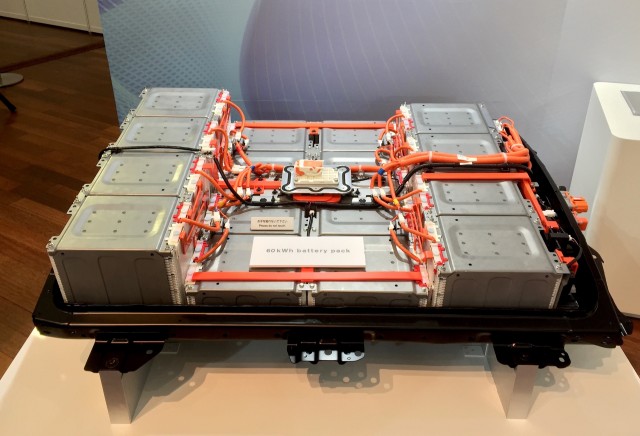 China will make manufacturers of electric vehicles (EV) responsible for setting up facilities to collect and recycle spent batteries, as part of its efforts to tackle mounting waste in the sector, say new rules published on Monday.
China will make manufacturers of electric vehicles (EV) responsible for setting up facilities to collect and recycle spent batteries, as part of its efforts to tackle mounting waste in the sector, say new rules published on Monday.
China, which began promoting electric cars in 2009, aims to become a dominant global producer as it bids to curb vehicle emissions, boost energy security and promote high-tech industries.
But with lithium battery production already up by half in 2017 and waste set to hit as much as 170,000 tonnes this year, the government is racing to improve its recycling capabilities and stamp out what could become a growing source of pollution.
China’s industry ministry issued “interim” rules on Monday that hold carmakers responsible for the recovery of new energy vehicle batteries and require them to set up recycling channels and service outlets where old batteries can be collected, stored and transferred to specialist recyclers.
The carmakers must also establish a maintenance service network allowing members of the public to repair or exchange their old batteries conveniently, the ministry said.
Measures aimed at spurring good practice among consumers, including subsidies or battery repurchase pacts, should also be adopted, the notice said.
Together with battery makers and their sales units, carmakers must also set up a “traceability” system enabling the identification of owners of discarded batteries.
The battery makers are also encouraged to adopt standardized and easily dismantled product designs, to help automate the recycling process. They must also provide technical training for car makers to store and dismantle old batteries.
